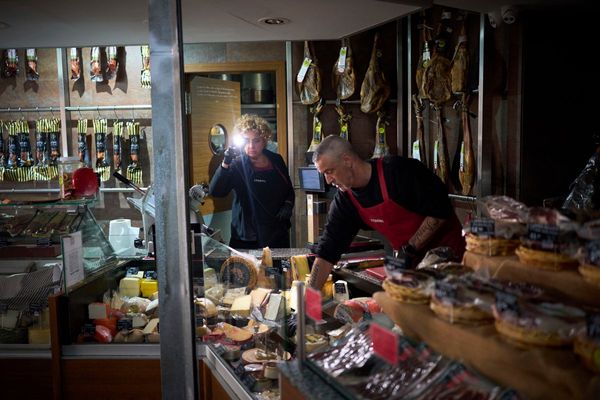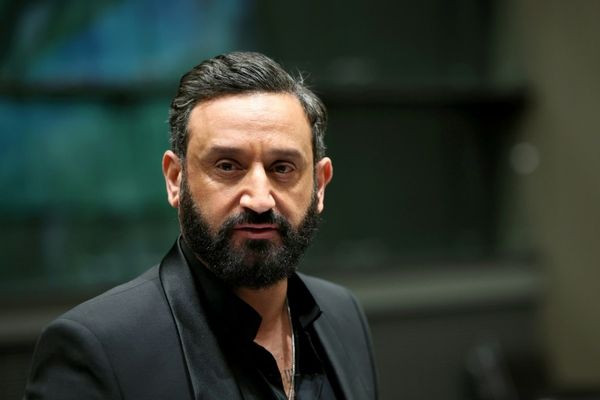
The prime minister, Anthony Albanese, will use a landmark speech on Monday to pledge support for a “culture change” to improve conditions for working women as part of a shift in the government’s focus to a reform agenda.
In a speech to mark 100 days since the 21 May election, Albanese will tell the National Press Club that while the government is still in the “recovery” phase in the wake of the pandemic, he wants to move to “reform and renewal” over the course of the next term.
“After a wasted decade, we are not wasting a day,” Albanese will say, according to excerpts of his draft speech.
“Government has a responsibility to plan for the future, to build for the long-term, to implement the reforms that arm people with every chance to fulfil their potential.
“Not change for the sake of it, reforms that help people lead better lives.”
Albanese lists the government’s election platform of cleaner and cheaper energy, better skills and training, cheaper childcare and a future made in Australia as his key priorities.
Ahead of this week’s jobs and skills summit, Albanese has also backed calls for a revival of the enterprise bargaining system, while saying the key outcome he wants from the two-day forum is increased cooperation.
“The biggest single outcome I’m hoping for is the beginning of a new culture of cooperation – a renewed understanding between unions and industry and small business and government and community groups … that building a stronger, fairer and more productive economy is our shared responsibility – and our common interest.”
He will predict that while the system would not be immediately fixed as a result of the summit, he was confident of securing concrete outcomes while also using the forum to develop the government’s forthcoming employment white paper.
“None of us imagine that a two-day summit will entirely fix wages and job security – or any of the other urgent economic challenges facing the country,” Albanese will says.
“But for the first time in a long time, I believe we will be moving to agreement on how to solve these problems – rather than arguing over who is to blame for them.”
Flagging support for the Australian Council of Trade Union’s push to allow industry-wide bargaining – which the ACTU argues is particularly needed for female-dominated industries – Albanese said he wanted to see “serious and rapid improvement” in economic equality for women.
“This is going to take more than legislative change, we need a culture change too: a revitalising of bargaining and negotiation and give-and-take, new leadership on respect and safety and fairness for working women.”
“This is why we’re bringing employers and employees to the table this week in Canberra, to elevate and accelerate these conversations,” he says.
He says that since the election there has been a focus on clearing away “the mess and chaos” of the former government, criticising the Coalition for its focus on short term “political stitch-ups”, rather than on long-term solutions.
After last week establishing an inquiry into the secret portfolios of the former prime minister, Scott Morrison, Albanese will indicate his desire to shift gears, saying he wants to move beyond reacting to events.
“Governing can’t just be an exercise in getting through – to the end of the day, to the other side of the story, to the next election,” he says.
“Whether it’s wages or skills, national security or energy, we will act with urgency when urgency is required.
“But we will never take our eyes off the big prize, the future, the chance to secure a new generation of prosperity and fairness for all Australians.”
On Sunday, the treasurer, Jim Chalmers, said the government was “realistic” about the areas of consensus that could be reached between business and unions.
“We know that people have a range of views, and we’re not looking for unanimity. We’re just looking for those areas of broad common ground so that we can move forward together,” he told Sky News.







